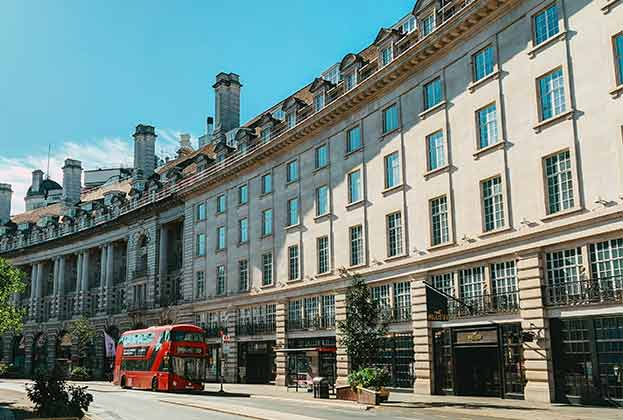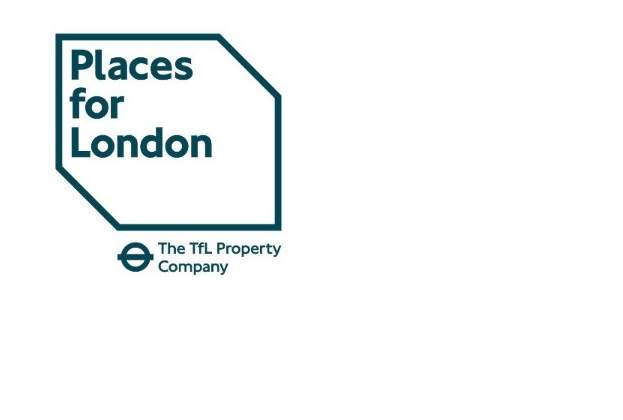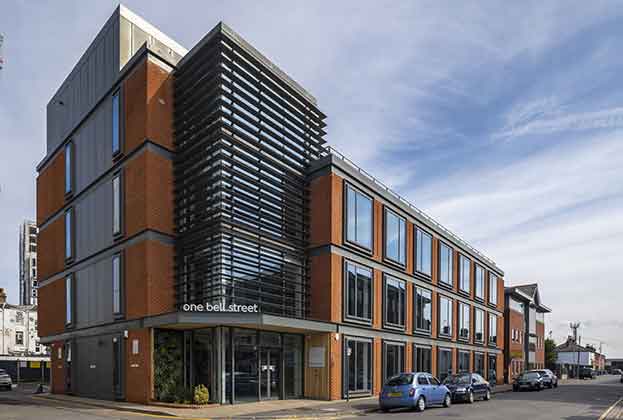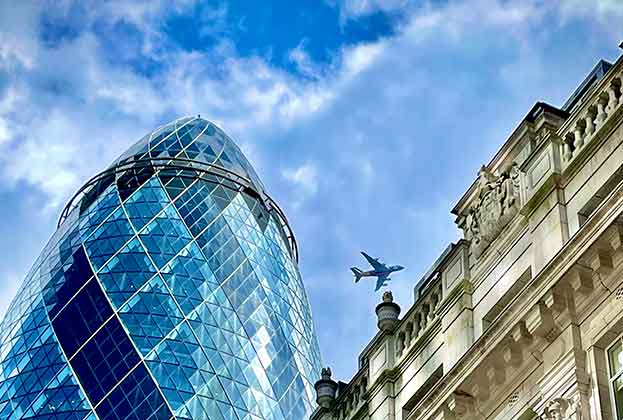Billy Bragg once sang “Not everything that counts can be counted. Not everything that can be counted counts.” As we think more progressively about the value that the built environment brings to society this is increasingly true. Looking at offices in particular: tangible metrics like productivity levels, efficiency, and cost-effectiveness remain important, but designing them with social value in mind can play a significant role in shaping cities' economic and cultural fabric by creating jobs, stimulating local economies, and attracting investment; in doing so less quantifiable shared value is created.
Through accessible and collaborative spaces, offices foster innovation and knowledge sharing, contributing to a city’s intellectual capital. They can help to actively engage with communities, strengthening social bonds and making a positive impact on the local area, and - if sustainable design practices are incorporated - support a city’s net zero efforts.
Offices serve as economic catalysts and can be a driving force to create social value by generating job opportunities and stimulating local economies, especially if companies hire local talent. This job creation not only provides economic stability for individuals but also supports other industries, such as retail, hospitality, and professional services.
More economic activity results in increased local spend, leading to a multiplier effect that benefits local businesses and the broader city economy. This should be relevant to social value and requires thought at a project’s earliest stage to ensure any design considerations that can create social value are incorporated. A great example is Café Domenica, based in the Plus X Innovation hub and workspace in Brighton, which is a social enterprise charity with a mission to help people with learning disabilities discover their career potential, create employment opportunities and remove barriers to work in local communities.
The design of offices has evolved beyond functional considerations to incorporate social value. Open-plan layouts and flexible workspaces promote interaction and teamwork, allowing for the exchange of ideas and expertise. Dedicated spaces further encourage creative problem-solving and interdisciplinary collaboration. The aspiration is this culture extends beyond the office walls, to include local universities, research institutions, and start-up ecosystems, with the resulting knowledge sharing and innovation contributing to a city’s reputation as a centre of excellence, attracting investment, talent, and fostering economic growth.
Going further, offices can provide shared spaces that can be utilised for events, workshops, and community initiatives, becoming platforms for cultural and intellectual exchanges. Partnerships with local organisations and charities can contribute resources, expertise and volunteering efforts; fostering a sense of belonging and strengthens connections within its surrounding communities. Wellington Place in Leeds, for instance, endeavours to benefit the wider community by creating educational partnerships focused on social mobility as well as a programme of participatory events to bring people and spaces together.
Offering a percentage of affordable workspaces also promotes social equity, reduces barriers to entry and increases opportunities for businesses and entrepreneurs from diverse backgrounds.
Offices are indispensable for social value in cities. As cities adapt to evolving work trends, a balanced approach that recognises the enduring social benefits of offices while embracing new work models will be crucial for creating inclusive and thriving urban environments.
.jpg)




.jpg)

.jpg)
.jpg)

(1).jpg)